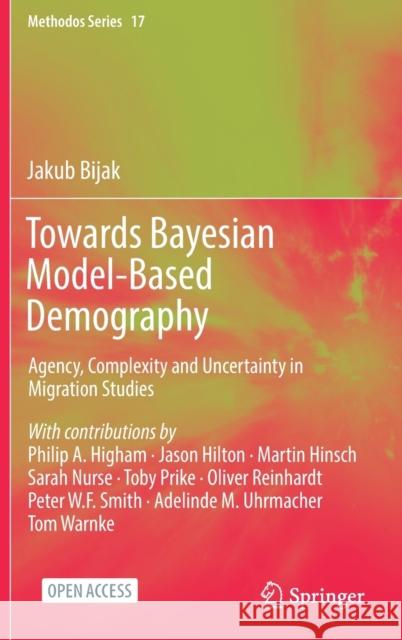Towards Bayesian Model-Based Demography: Agency, Complexity and Uncertainty in Migration Studies » książka
topmenu
Towards Bayesian Model-Based Demography: Agency, Complexity and Uncertainty in Migration Studies
ISBN-13: 9783030830380 / Angielski / Twarda / 2021 / 390 str.
Towards Bayesian Model-Based Demography: Agency, Complexity and Uncertainty in Migration Studies
ISBN-13: 9783030830380 / Angielski / Twarda / 2021 / 390 str.
cena 201,24
(netto: 191,66 VAT: 5%)
Najniższa cena z 30 dni: 192,74
(netto: 191,66 VAT: 5%)
Najniższa cena z 30 dni: 192,74
Termin realizacji zamówienia:
ok. 16-18 dni roboczych.
ok. 16-18 dni roboczych.
Darmowa dostawa!
Kategorie:
Kategorie BISAC:
Wydawca:
Springer
Seria wydawnicza:
Język:
Angielski
ISBN-13:
9783030830380
Rok wydania:
2021
Wydanie:
2022
Numer serii:
000303882
Ilość stron:
390
Waga:
0.58 kg
Wymiary:
23.39 x 15.6 x 1.75
Oprawa:
Twarda
Wolumenów:
01











